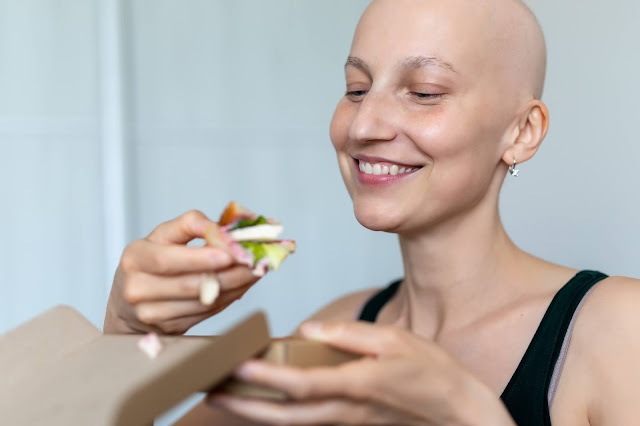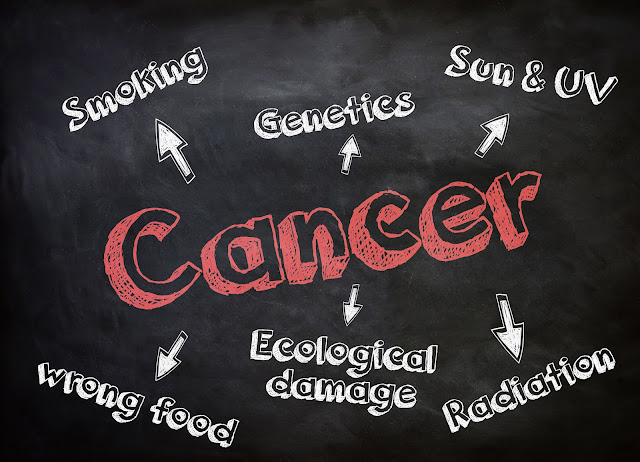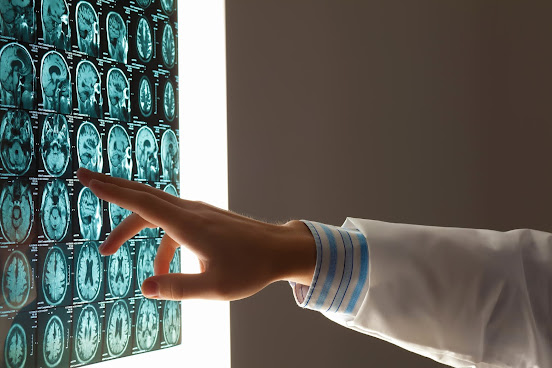Diet for cancer patients: Things to remember after treatment
Food and a balanced diet has a great impact on our lives. Consuming healthy foods and herbs make your body immuned and fit. On the other side, if you are on junk, fried, sugary and fast foods, you feel you are suffering from a bundle of health issues, including obesity, high blood pressure or many cardiovascular problems.
Also, some types of foods help to cure a specific health concern. For instance, broccoli is found to be very good for stomach and neem for blood purification. This thing fits in the context for people with cancer as well. Healthy diet for cancer patients is an essential aspect to consider.
Advanced cancer therapeutics has helped to control the mortality rate for many types of cancers, if diagnosed on time. However, getting rid of cancer is not the only thing a cancer patient requires. Getting fit and healthy is another motto after cancer treatment. Cancer diets play a very essential role in this scenario.
Once the treatment is done, many cancer patients get better and recover from their eating problems. However, some problems like change in taste, smell, or weight loss/gain problems can last longer after the therapy. This problem can be major among patients recovered from stomach, intestine, head and neck cancers.
Healthy eating is important. Give yourself a proper time. Eat anti-cancer foods that will help in your recovery. Other than that, the following things can help you to get back your healthy lifestyle.
Let's explore some meal plans regarding diet for cancer patients:
Cook 3 meals a day and freeze the extras to consume later.
Consume lots of fruit juices, fruits and vegetables (raw/cooked). These will provide you the needed vitamins, minerals and fibers.
Add brown rice, wheat bread, oats, cereals and whole grains. These foods will help you to get required carbohydrates and microminerals.
Eat beans, lentils and peas to get enough protein.
If you love to consume milk, choose low-fat milk and milk products.
Eat less sugar, salt, fats, pickles, processed and smoked foods.
Limit your alcohol drinking, 1 drink/per day for females and 2 drinks/day for males.
Avoid eating red meat.
Eat lean meat and poultry (without skin) in limits.
Prefer low-fat cooking methods. For instance, steaming, grilling, broiling and roasting.
If you have gone through surgery, eat a high-protein and high-calorie diet.
Ways to manage eating problems in weight gain:
Eat foods that are high in fibers.
Consume small portions of foods.
Avoid eating salt in excess.
Go for lean meat options like pork, fish and poultry without skin.
Have low-fat milk and milk products.
Limit the consumption of fats or foods containing fat (mayonnaise, butter and desserts)
Exercise everyday as per guided by your physician.
Ways to manage eating problems in weight loss:
Eat 5 to 6 small meals instead of 3 large meals a day.
Eat on time, don't wait for your hunger.
Don't skip any meal.
Include high calorie and high protein foods in the diet.
Consume juice, soups, milkshakes and smoothies.
Use protein-fortified milk instead of your regular milk.
Keep these small tips in mind to control your eating problems after cancer treatment. These can really help to surge your recovery and quality of life. Must consult your doctor or registered dietitian before deciding your exercise or diet. To know more about diet before, during and after cancer treatment, click here.




Comments
Post a Comment